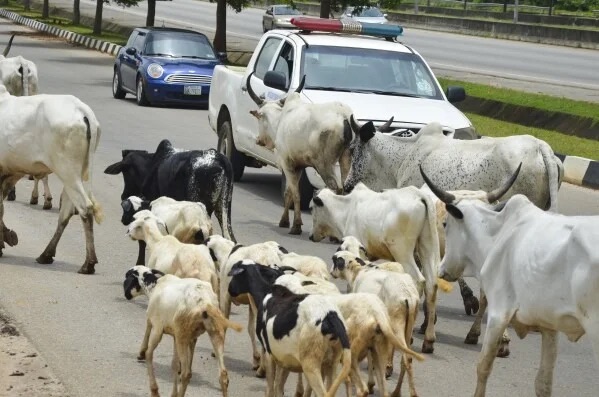The Federal Government has commenced infrastructural works at the Kawu Grazing Reserve in Bwari Area Council of the Federal Capital Territory (FCT).
Speaking during an inspection tour of the ongoing projects over the weekend, the Minister of Livestock Development, Alhaji Idi Mukhtar Maiha, said the government could no longer delay efforts to develop and revitalise grazing reserves across the country, starting with the FCT.
He explained that after consultations with stakeholders—including relevant government agencies, the Miyetti Allah Cattle Breeders Association of Nigeria (MACBAN), and the Sultan of Sokoto—a consensus was reached for herders in Abuja to relocate their cattle from the city centre to the reserve.
“Today, 20th September 2025, we are here at Kawu Grazing Reserve to demonstrate our commitment. These are not empty promises. We inspected a dam that will serve as a water source during the dry season.

The reserve, which spans 9,000 hectares and accommodates over 10,000 residents with an estimated 30,000 cattle, will benefit from this dam as it will support dry-season pasture cultivation,” the minister stated.
He added that the government had mobilised a rig to drill the first borehole since the reserve was established, as part of a pilot project that will eventually see the installation of five to six motorised boreholes for potable water and livestock needs.
“We are also demonstrating pasture cultivation. I personally cultivated some plots here, and we brought Napier grass seedlings that will be distributed to farmers,” Maiha added.
Dr. Sanusi Abubakar, National Project Coordinator of the World Bank–funded Livestock Productivity and Resilience Project (L-PRES), said the initiative would support key interventions as the ministry works to remodel about 417 grazing reserves nationwide.
He noted that the project would prioritise the provision of water and pasture—two key drivers of farmer-herder conflicts—and the construction of modern veterinary clinics. According to him, “the clinics will provide mobile care to farmers’ clusters. We will no longer wait for them to bring animals to veterinary hospitals; instead, we will take the services to them.”




